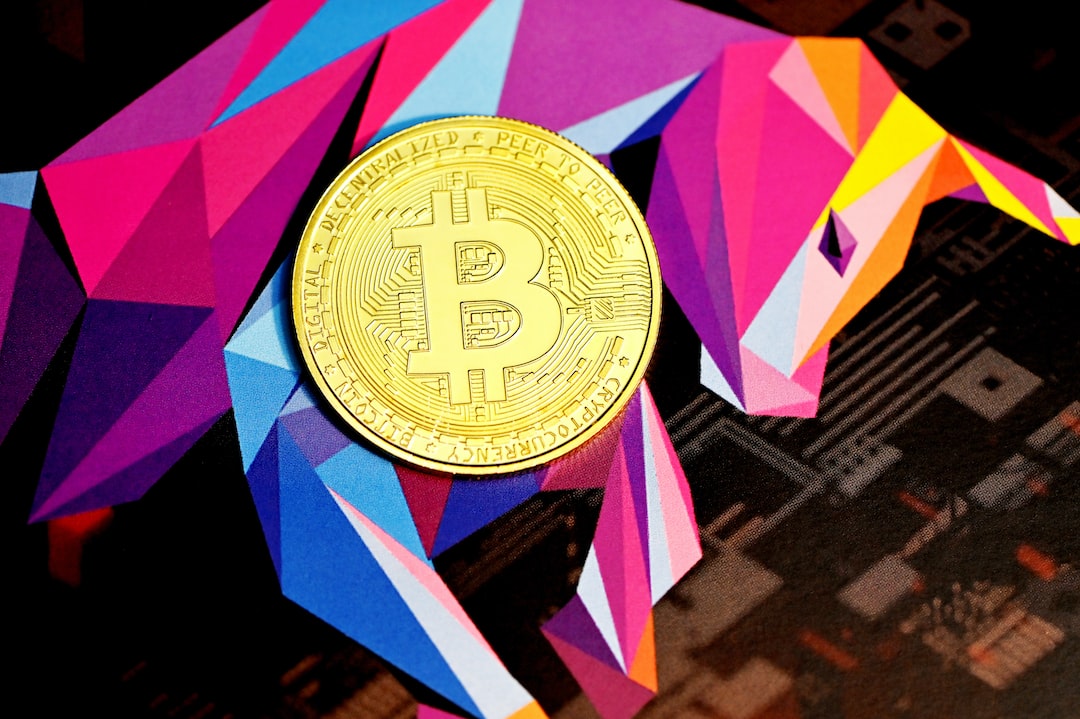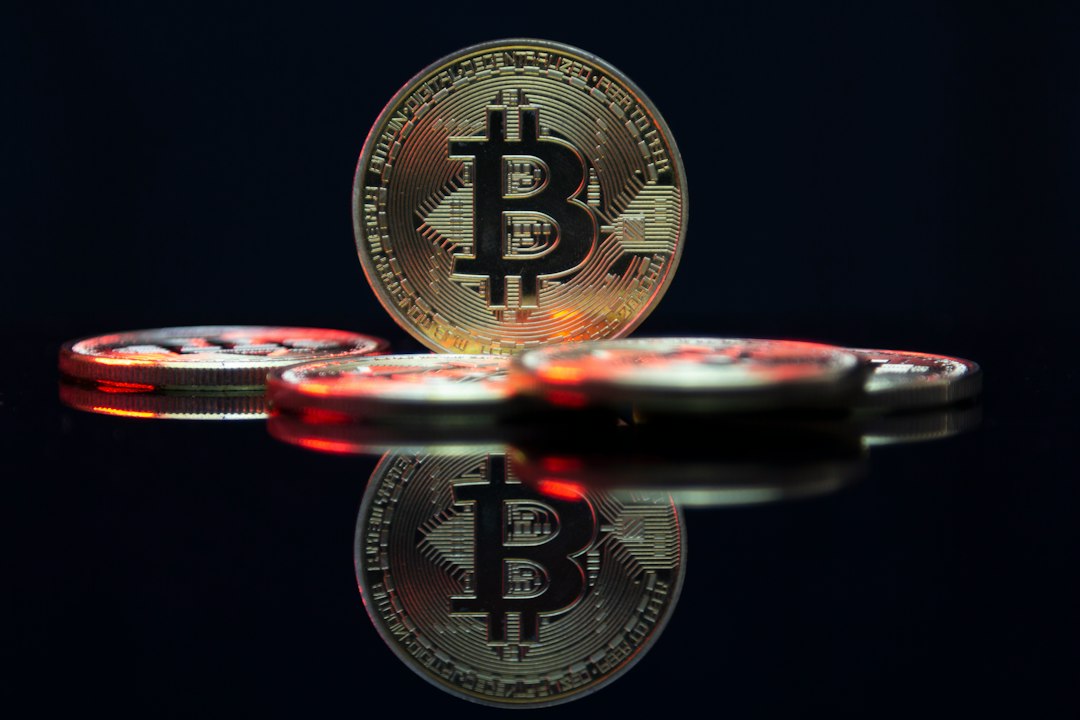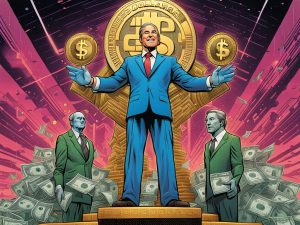The Intense Debate on a U.S. CBDC During the 2024 Presidential Race
As the 2024 presidential race heats up, the discussion surrounding a U.S. Central Bank Digital Currency (CBDC) becomes more intense. The varying views of the candidates reflect wider concerns about privacy and government control.
The Cautionary Approach of the U.S. Towards CBDCs
In comparison to other countries, the U.S. has been cautious and gradual in its approach to central bank digital currencies (CBDCs). While 11 countries have fully implemented digital currencies and others are in the pilot phase, progress on a retail CBDC (direct-to-consumer) in the U.S. has been limited. However, there is movement towards a wholesale CBDC that focuses on bank-to-bank transactions.
The Federal Reserve’s Caution and Research Efforts
The Federal Reserve is approaching the idea of a digital dollar with caution. Fed Chair Jerome Powell expressed interest in a digital dollar but emphasized the need for careful consideration due to the global significance of the dollar. Currently, research and development projects like Project Hamilton and Project Cedar are exploring the technical aspects of CBDCs.
Perspectives of Presidential Candidates on CBDCs
The stance on CBDCs has become an important topic among presidential candidates in the 2024 election cycle, particularly within the Republican Party. Former President Donald Trump strongly opposes CBDCs, citing concerns about government control over citizens’ finances. Other Republican candidates, such as Ron DeSantis, share similar views.
In the Democratic field, Robert F. Kennedy Jr. has expressed reservations about CBDCs, highlighting potential social surveillance and control issues associated with digital currencies.
President Joe Biden has shown a cautious but forward-looking approach towards CBDCs, authorizing the Fed to assess the risks and opportunities. However, no formal design or release date for a U.S. CBDC has been announced under his administration.
The Implications and Debate Surrounding a U.S. CBDC
The introduction of a CBDC in the U.S. could have significant economic implications. It could streamline payment systems, reduce transaction costs, and impact monetary policy implementation. However, it also raises questions about the role of commercial banks and the dynamics of money supply and demand.
Furthermore, the global financial landscape, where the U.S. dollar holds a dominant position, could be influenced by a U.S. CBDC. There is debate on how it could affect the dollar’s role as the world’s reserve currency and its competition with digital currencies like China’s digital yuan.
Ongoing research and exploration by the Fed and other institutions are crucial in determining the most appropriate course of action for the U.S., considering its impact on the world economy and global affairs.
Hot Take: The Controversial Future of a U.S. CBDC
The discussion surrounding a U.S. CBDC during the 2024 presidential race reflects deep concerns about privacy, government control, and economic implications. As candidates take contrasting views on this issue, it highlights the need for careful consideration and research in developing a digital dollar.





 By
By
 By
By
 By
By
 By
By

 By
By